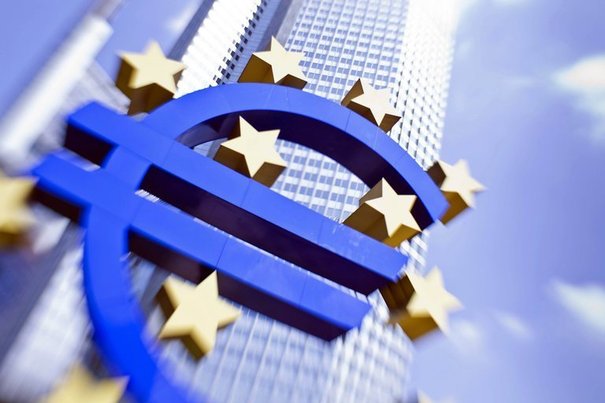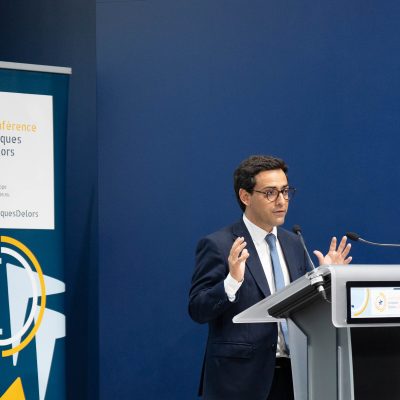“The euro, in historical and institutional terms”
Speech by Jacques Delors made in Paris on 30 June 2011 as part of the 22nd meeting on globalisation organised by the Centre d’Analyse Stratégique, CEPII, Sciences-Po Paris and CERI-CNRS

Speech made in Paris on 30 June 2011 as part of the 22nd meeting on globalisation organised by the Centre d’Analyse Stratégique, CEPII, Sciences-Po Paris and CERI-CNRS.
Abstracts:
“The euro as a part of globalisation” was the title chosen. I will return to the past, because it seems to me that from past failures and advances we can take lessons for today, and above all for tomorrow. I will therefore deal first with the historical dimension of European cooperation. Behind the terribly difficult economic and monetary issues, behind the complicated institutions and rules, there are men and women who vote, and others who govern, in an atmosphere and context which changes. Circumstances have changed since 1948-50 and this is why I do not always judge harshly those who have the responsibility of governing today.
I will then look at the euro’s institutional dimension, as a product of the Single European Act. People say now that Europe only ever makes progress when there is a crisis. But the Single European Act which preceded the euro was not the product of a crisis. In the mid-1980s the economy was in a poor state. This explains why governments accepted an economic and institutional stimulus, the creation of the Single Market (the 1992 objective) and substantial new solidarity policies (economic and social cohesion).




